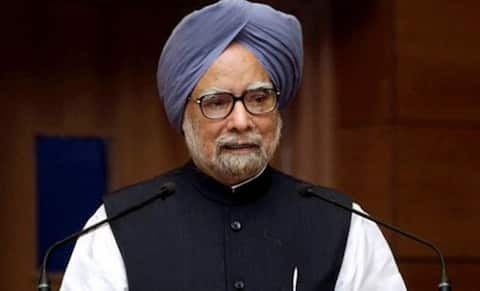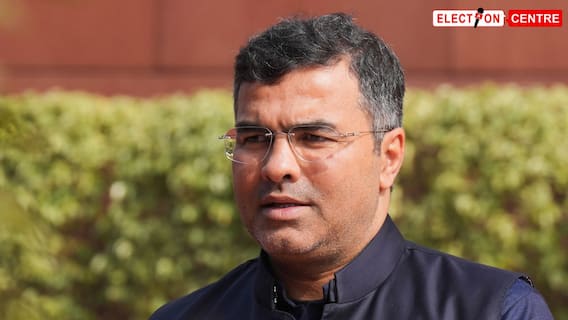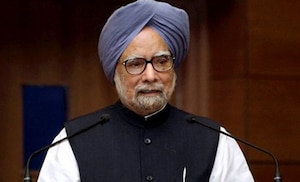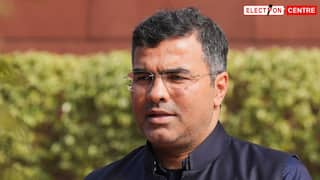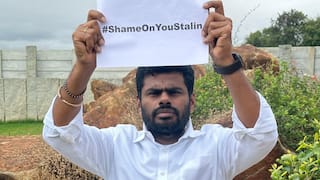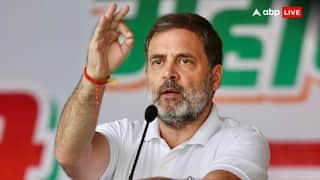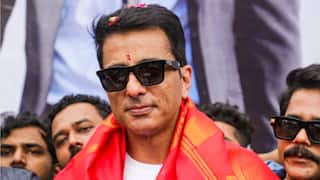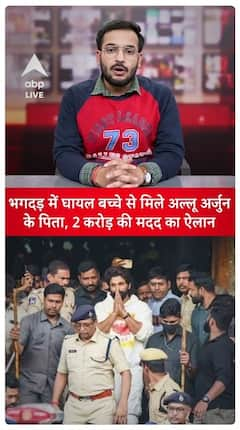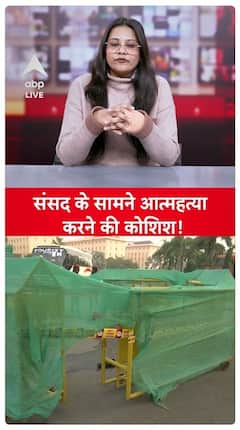Russia blocks media outlets, others hacked over Ukraine war
Moscow, Mar 1 (AP): The websites of several Russian media outlets were hacked Monday, with a message condemning Moscow's invasion of Ukraine appearing on their main pages, while other media were blocked by the Russian authorities over their coverage of the wa.
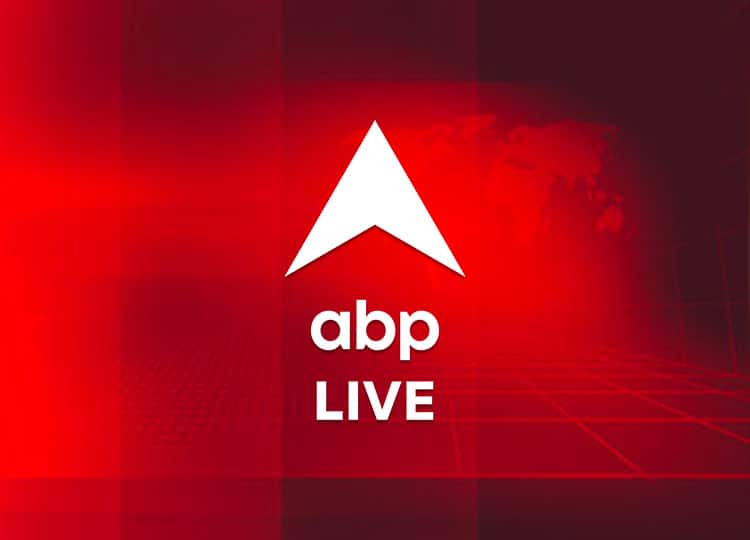
Moscow, Mar 1 (AP): The websites of several Russian media outlets were hacked Monday, with a message condemning Moscow's invasion of Ukraine appearing on their main pages, while other media were blocked by the Russian authorities over their coverage of the war.
The interference on media hints at a growing antiwar sentiment among ordinary Russians, even though it's unknown who was responsible for the hack.
It also offers evidence of the relentless efforts by President Vladimir Putin's government to suppress dissent.
Russia's state communications and media watchdog Roskomnadzor blocked several Russian and Ukrainian media outlets over their coverage of the invasion of Ukrine.
The Russian magazine The New Times, which has been openly critical of the Kremlin, was blocked for reporting details about Russian military casualties in Ukraine, which the Russian Defense Ministry has not disclosed.
Protests against the invasion have cropped up across Russia for four days now while nearly 1 million people signed an online petition demanding an end to the war.
Anti-war demonstrators in Russia have faced mass detentions while authorities have restricted access to social media and threatened to shut down independent news sites.
The state news agency Tass, the pro-Kremlin newspaper Izvestia, the St. Petersburg news site Fontanka and a number of other media sites were targeted in the hacking attack on Monday.
The independent news site Meduza posted screenshots of a message, signed by the Anonymous hacktivist movement and “indifferent journalists in Russia”, that appeared on the main pages of some of the hacked websites.
“Dear citizens. We urge you to stop this madness, don't send your sons and husbands to die,” the message read. “In several years we will be living like in North Korea. What's in it for us? So that Putin gets into history textbooks? It's not our war, lets stop him!” Access to most websites was restored within an hour after the hack. Tass said in a statement that the message contained “information that has nothing to do with reality.” In the meantime, an online petition to stop the war in Ukraine launched shortly after the invasion was announced on Thursday has garnered over 1 million signatures, which made it the most widely-supported online petition in Russia in recent years.
Since the first day of the attack on Thursday, Russians in Moscow, St. Petersburg and dozens of other cities have been taking to the street to protest it — only to be swiftly, and often brutally, detained by police.
On Monday, the OVD-Info rights group that tracks political arrests counted at least 350 detentions of protesters in 13 Russian cities. Over the past five days of protests, more than 6,000 people been detained, according to OVD-Info.
In an effort to stifle critical voices, Russian authorities have restricted access to Facebook, which has played an important role in amplifying dissent. Internet users also reported problems with accessing Twitter.
Russian officials have also pressured the media to cover the invasion in strict accordance with the official line and have bemoaned the reports that described Russia's attack on Ukraine as an “invasion” or “a war" as untrue.
The website of the Current Time, a Russian TV channel launched by the US-funded Radio Free Europe/Radio Liberty that has been critical of the Kremlin, became unavailable Sunday after the channel reported receiving a notification from the authorities. (AP) VM VM VM
(This story is published as part of the auto-generated syndicate wire feed. No editing has been done in the headline or the body by ABP Live.)
Trending News
Top Headlines





